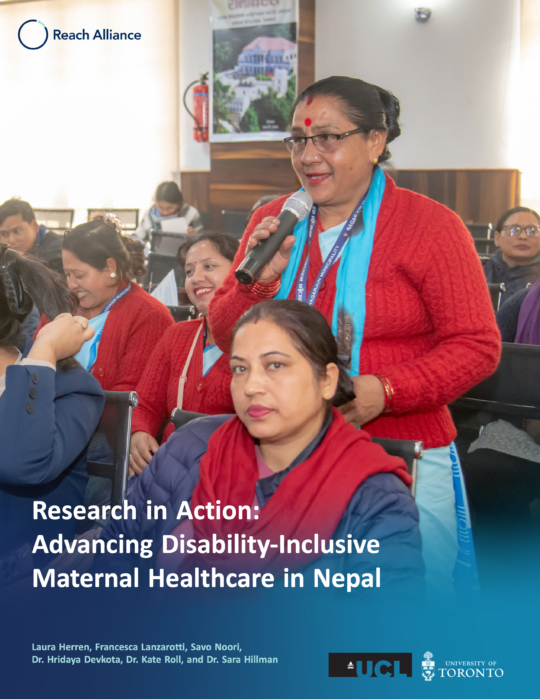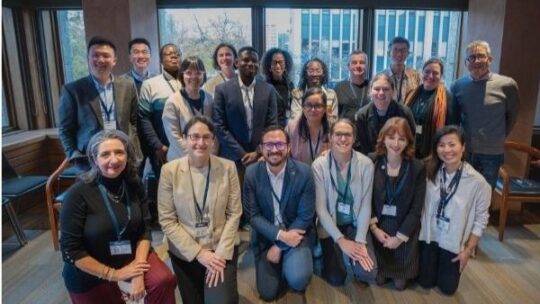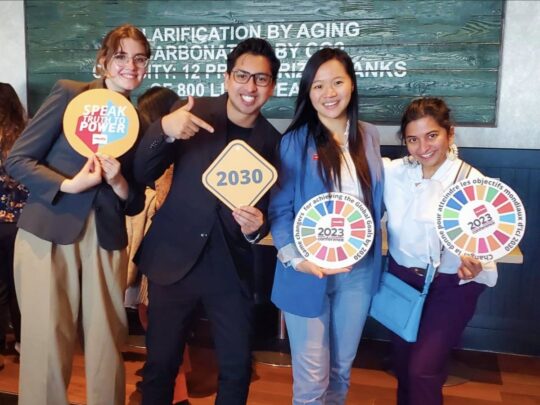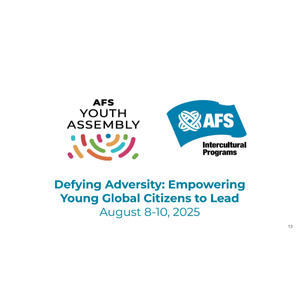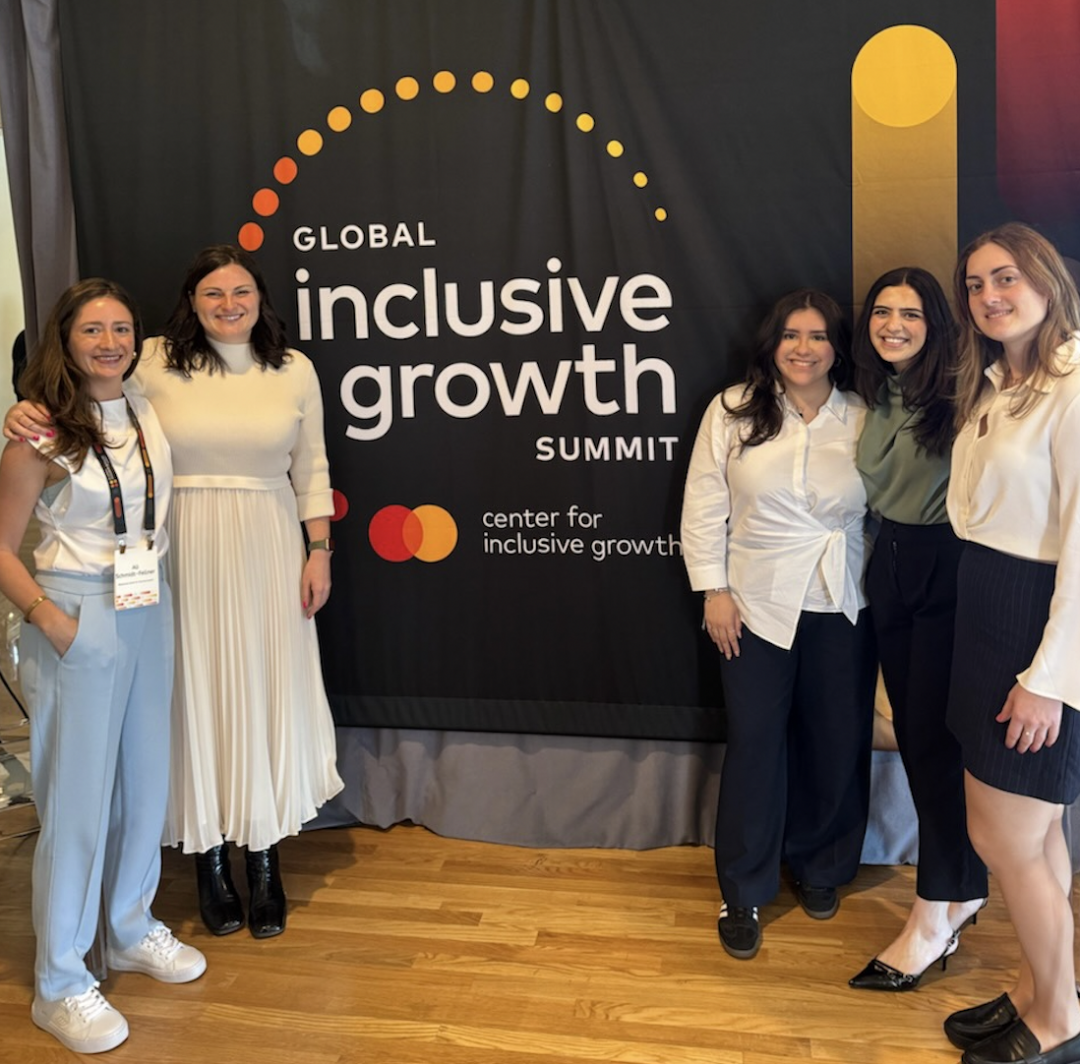
Authors: Madalena Liougas and Marla de la Cruz
The recent Global Inclusive Growth Summit 2024 in Washington DC provided a platform for exploring the impact of constantly shifting demographics, circumstances, and technologies on global growth, security, and prosperity. It also emphasized how crucial representation, “smart-enough” technology, and establishing trust with communities are to build an inclusive world where everyone can prosper.
Inclusion refers to the process of creating and maintaining a sense of belonging, engagement, value, acceptance, and participation for all members of society, regardless of their differences or characteristics. Participants at the summit described inclusion within various contexts, from technological and environmental to social and economic. But what does inclusion look like, and what does it entail in a real-life scenario?
Throughout our research on the Kolombia subculture in Monterrey, Mexico, we understood that “hard to reach” communities are not necessarily located in rural settings nor in the outskirts of urban areas: they can be excluded from the larger society they live in. This is the case for Kolombians who face discrimination and various forms of violence in response to their appearance and because they belong to socioeconomically challenged communities. Our research highlights the government’s failure to implement inclusive policies. Community members themselves often drive development initiatives.
Representation is also essential to inclusivity. During the implementation of humanitarian projects, there must be strong relationships and partnerships characterized by dignity and respect between end users and stakeholders. Hindou Oumarou Ibrahim, an expert in Indigenous peoples’ adaptation to and mitigation of climate change, emphasized the need to rebuild trust between Indigenous and non-Indigenous people. This trust can then translate into respect on the ground. Real solutions are rooted in a co-production approach whereby stakeholders actively listen to the communities they work with. Communities are experts in their own culture, and their needs often differ from the assumptions that stakeholders make about those needs. Representation involves recognizing every individual and community’s unique perspectives and contributions, ultimately leading to more effective and equitable outcomes for all.
Smart-enough technology, prioritizing the abilities and needs of communities over the blind pursuit of the latest advancements, is crucial for fostering inclusive growth. Speakers like Sonal Shah (an American economist and public official) and Hans Vestberg (CEO of Verizon Wireless) highlighted that technological advancements could revolutionize access to education, healthcare, and financial services, thereby levelling the playing field for all communities. However, as Frank McCourt (CEO of McCourt Global) emphasized, this potential can be realized only if technology has inclusivity at its core. For example, McCourt’s, Project Liberty is advancing the responsible development of the Internet through enhancing digital governance, increasing accessibility of the latest research on responsible technology and building an open internet infrastructure. McCourt’s call to “reimagine how the internet works to reclaim our data” underscores the urgency of addressing digital disparities and ensuring that individuals have ownership and agency over their data. In a rapidly evolving digital landscape, prioritizing inclusive technological solutions is not just a matter of innovation but also involves equity and social justice. This was a key theme in another recently published Reach case study on a blockchain-powered cash-and-voucher assistance system in Vanuatu, where innovative digital and financial tools amplify the speed and reach of humanitarian aid.
The 2024 Global Inclusive Growth Summit underscored how critical inclusivity is for addressing global and local challenges. In the discussions and insights, we heard that inclusion is not just a buzzword but a transformative opportunity. However, we need action to translate this ideal into tangible progress. Researchers and activists must reflect on whether the solution we’re proposing is truly “smart-enough,” and whether it’s informed by a genuine understanding of the community it aims to serve. Such reflections are mandatory to ensure that our initiatives are technologically advanced, culturally sensitive, and community-driven. Let’s prioritize solutions rooted in empathy, respect, and deep engagement with the needs and aspirations of the people we seek to uplift. Only then can we build a more inclusive and equitable future for all.
